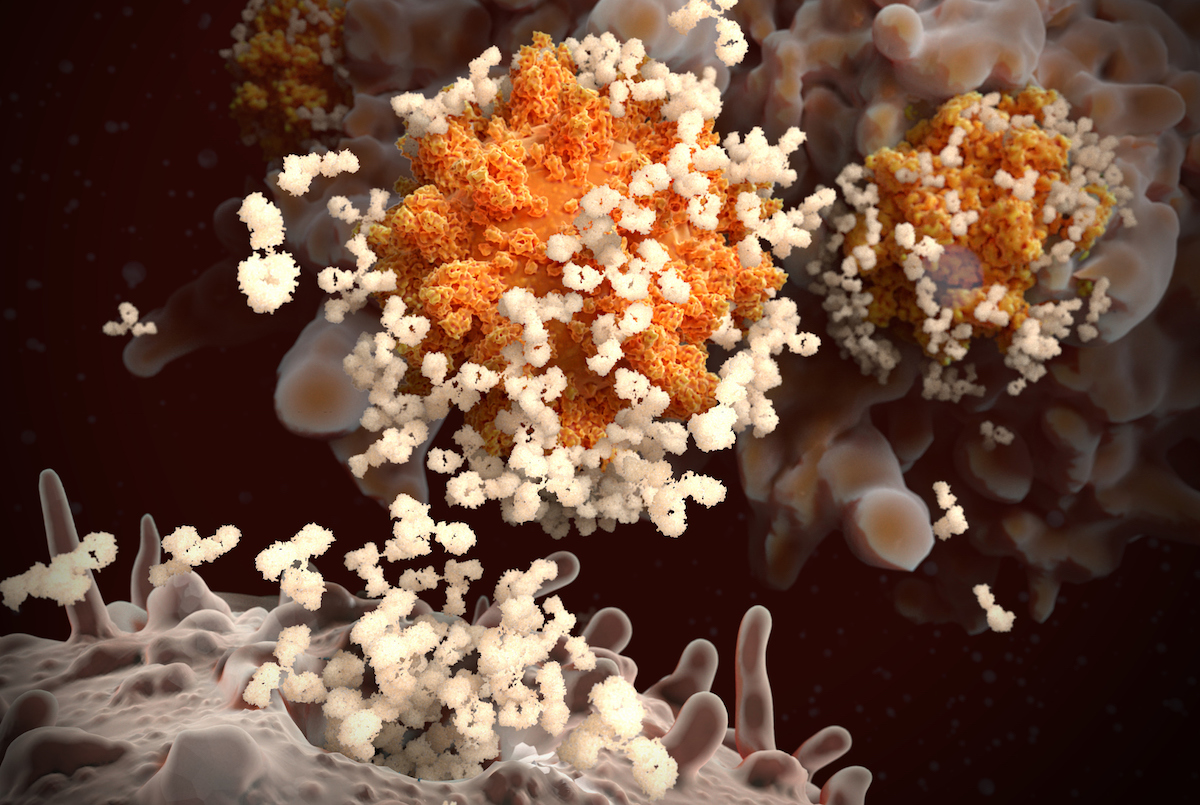<< Back
The Link Between a Pre-COVID Common Cold and Your Immune Protection

March 29, 2022
Could that nasty cold you had just before the pandemic began two years ago actually helped you avoid getting COVID-19 or maybe experiencing only a mild case?
A new analysis by University of Zurich scientists in Switzerland of people exposed to coronaviruses circulating before the pandemic actually found a higher level of immunity against COVID-19. The study compared immune response against SARS-CoV-2, the virus that causes COVID-19, and common coronaviruses before the pandemic. Types 229E, NL63, OC43 and HKU1 typically cause cause mild to moderate upper-respiratory tract illnesses, such as the common cold, according to the Centers for Disease Control and Prevention.
“Every year, when you get the common cold,” says Dr. Ulysses Wu, Hartford HealthCare’s System Director of Infection Disease and Chief Epidemiologist, “there’s a 15 percent chance one of them is an original coronavirus — prior to COVID-19.”
The four types of common coronaviruses, known as human coronaviruses (HCoVs), that cause the common cold also account for up to 6 percent of all hospital admissions for lower respiratory tract infections. An immune response against one of these viruses that also triggers immune protection against COVID-19 is known as cross-reactivity.
The researchers analyzed pre-pandemic serum samples from 825 people, measuring their immune response to each of the four HCoVs, and serum samples from 389 people who tested positive for COVID-19. They found that people infected with COVID-19 had lower levels of antibodies against HCoVs than those who had not been infected with COVID-19. People with higher levels of antibodies against HCoVs, meanwhile, were less likely to require hospitalization because of COVID-19.
For some people, the common cold also stimulates lymphocytes, a type of white blood cell that’s a critical part of the immune system: T cells protect against infection and B cells create antibodies. (In the image above, B cells release antibodies that bind to the SARS-CoV-2 virus, neutralizing it.) T cells, which coordinate the immune response, remain on standby until identifying a specific antigen. They then bind to the antigen’s surface.
T cells also respond to allergens and tumors. In infants, they develop immunity against common pathogens or antigens while building long-term memory. In adults, they maintain normal levels of protection and help reject common antigens. T cell efficiency diminishes in older people, leaving the immune system more vulnerable to attack.
“We have to remember that the vaccines work, not only in the production of antibodies,” says Dr. Wu, “but also in stimulation of our B and T cells, which are our second and third lines of defense.”